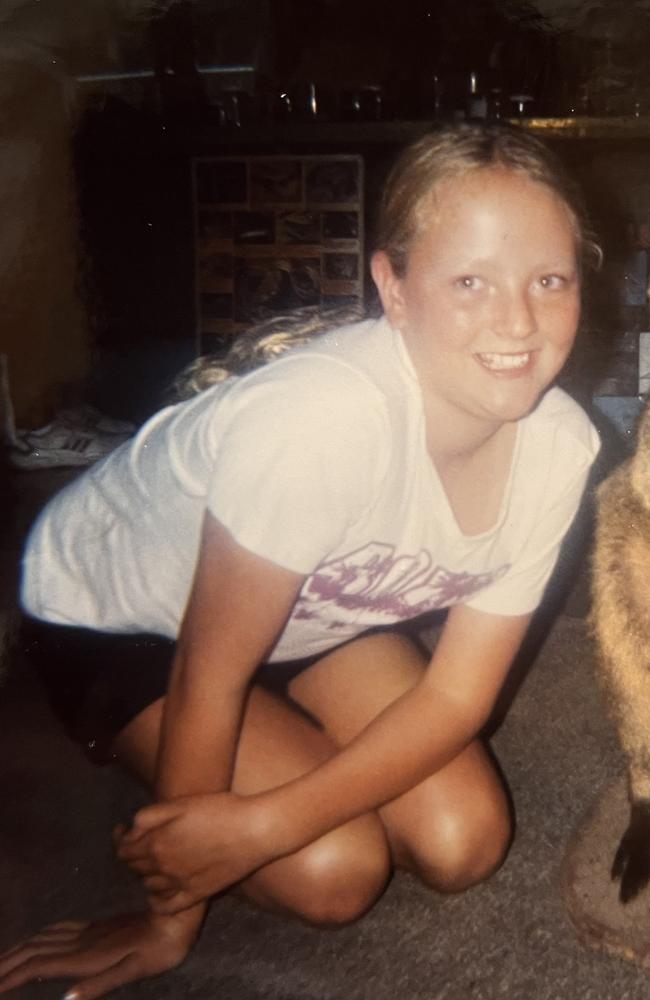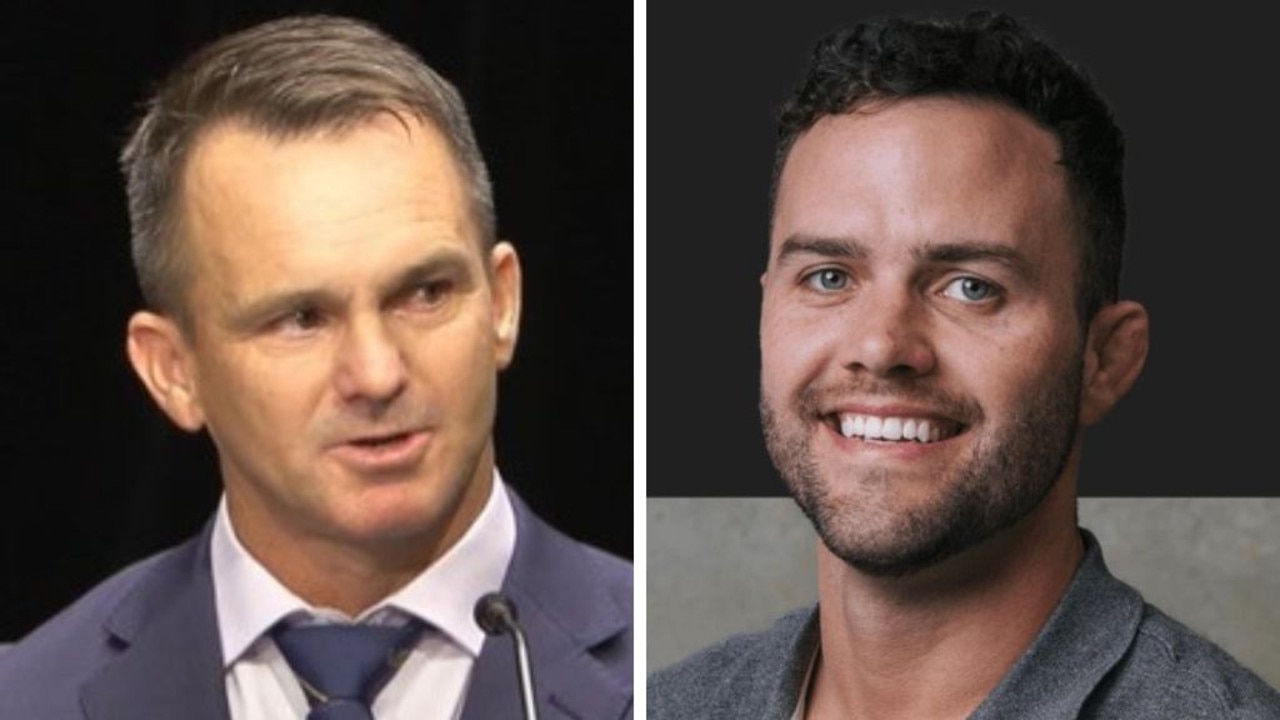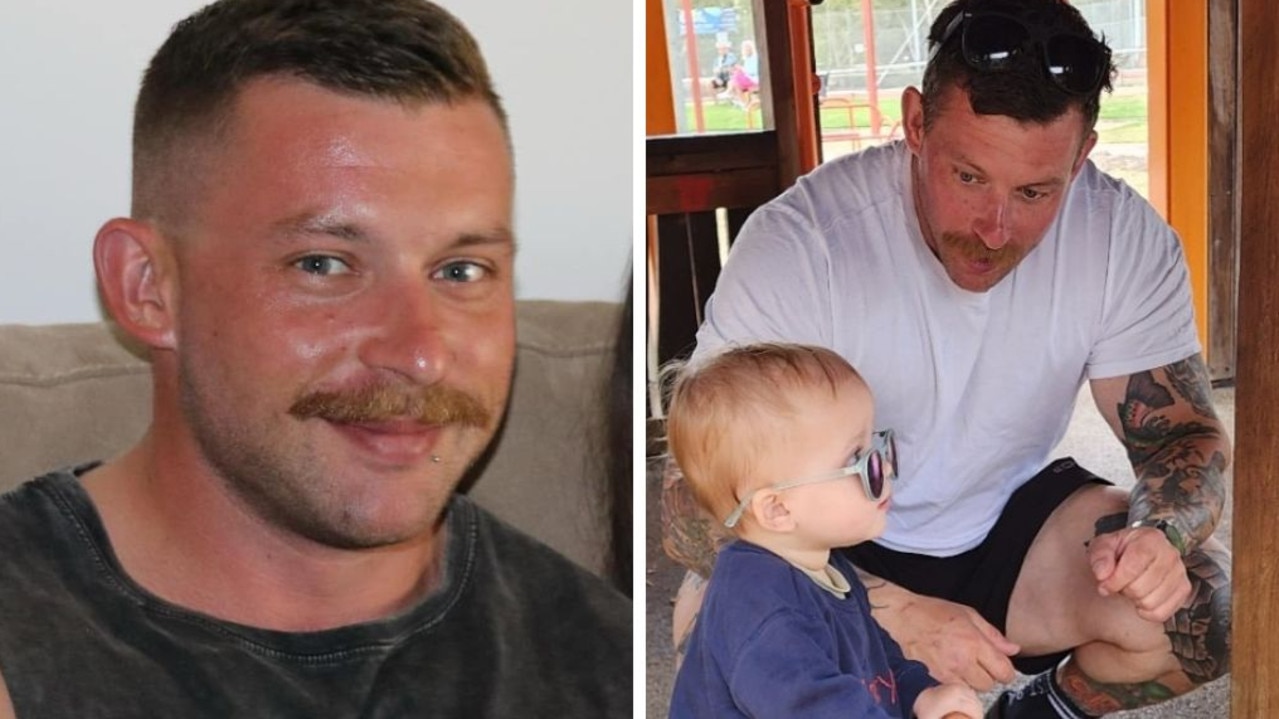Callous classroom act changed course of woman’s life
Annie Knight was 10 years old when her teacher called her up to the front of the class and did something that would leave her struggling for years.

A young woman was furious to discover that schools are still weighing kids in classes – after her experience left her battling an eating disorder for more than a decade.
Annie Knight was sitting in her maths class at an independent school for girls when her teacher brought in a set of scales.
The teacher weighed each student in front of the class, and then lined them up based on the number that appeared on the scale.
The now 26-year-old remembers the devastating moment as clear as day, because her height and a small amount of baby weight made her 17 kilograms heavier than her best friend. It’s something Annie said she will always remember.
It was the first time she had ever stepped on a pair of scales in her life – but it would by no means be the last as it triggered something within her.
“We weren’t really given any context. Obviously, as a 10-year-old, you don’t understand that when you’re taller, you’re naturally going to weigh more. That’s just how it’s meant to be,” Annie told news.com.au.

“And so therefore, I felt abnormal for being the heaviest person in the class.
“You were given a number. And I felt like I was now that number.”
Her parents weren’t given any warning about what would happen, with Annie’s class being the only one in the grade being asked to perform this practice.
Annie went to her dad’s house after school that day, and her eating habits immediately changed.
“I always ate all of my dinner, and then I had dessert afterwards,” Annie said.
“I decided after finding out my weight that day that I was just going to eat half of everything I usually ate.
“So when my dinner came out, I ate half of my dinner and my dad was so confused because I never didn’t finish a meal.
“I just played it off that, you know, I wasn’t feeling well. And I wasn’t really that hungry. And then I didn’t have dessert.”
Annie said the ordeal went on for months, eventuating into breaking down into tears whenever her mother put a meal in front of her.

She became severely underweight after losing a third of her body weight – until nine months after she was asked to step on the scales in front of her peers her mother took her to a paediatrician.
At the age of 11, before even finishing primary school, Annie was diagnosed with an eating disorder.
“After I saw this paediatrician I broke down, because she gave me permission to eat,” Annie said. “And I felt like for so long I’d taken that permission away from myself.
“So to have a medical professional tell me that it was okay to eat was like such a relief, because obviously I was exhausted.
“I was emotionally drained. And basically a skeleton.“
Annie was given a meal plan to follow and referrals to a dietitian and a psychologist. She was also given an ultimatum that if she didn’t try to heal, she couldn’t play sports such as netball, basketball and athletics.
Before it had got to this point, Annie’s mum had begged the school to help her little girl who was clearly very sick but little support was offered.
For a while, it worked and Annie got better for a period of time. But, an eating disorder is a mental health issue and it was a constant internal battle for 12 years.
There would be periods of time where she was having a better relationship with her body, but then a trigger would send her spiralling once again.
Now, Annie is happy and has developed a positive relationship with both food and her body.
“I feel like my quality of life is so much better. I live a lot more balanced life. I don’t feel guilty if I eat something,” she said.

“And yeah, it’s taken me a long time. It’s definitely one of those things that you have to want to get better at in order to get better.”
But, Annie feels as though it will never completely fade from her mind.
Sixteen years on from the incident that left her scarred, Annie has no idea what the lesson what was supposed to teach her – she only remembers the scars and trauma that happened afterwards.
She recently took to TikTok after rediscovering the memories of the experience, claiming she must have blocked them out.
In the clip, she said that if parents were aware of this happening now there would be fury directed at educations departments.
But, hundreds rushed to tell her that what happened to her is still happening around Australia, with education departments claiming it is an attempt to tackle obesity in youths.
“That makes me feel so angry, because when I made that TikTok there, I said ‘This would never happen today’,” Annie said with fierceness.
“So the fact that it’s happening still and that no one’s doing anything about it makes me so mad, because there’s plenty of kids that are probably going through the same thing that I went through.

“For me, it was 12 years of an eating disorder because of that one class.”
Being weighed in school isn’t compulsory, with many children avoiding this experience but thousands of others are left picking up the pieces.
The Butterfly Foundation revealed to news.com.au in November that 30 per cent of people who responded to a survey and had developed body and/or eating concerns during primary school, started developing body image concerns at the ages of 5 and 6.
That led to the development of the Butterfly Body Bright program, which started in 2021 and is currently in 300 schools, and is a whole of primary school program for Foundation-Year 6.
Funded by the Australian Federal Government’s Department of Health, every primary school is being encouraged to register for free before August 2023.
Butterfly’s push of the program comes after a student’s teacher brought a set of scales into the classroom before weighing the students and ranking them from lightest to heaviest with their names and numbers on the board.
Dr Stephanie Damiano, manager of Butterfly Body Bright, said: “Unfortunately, against the backdrop of increased body dissatisfaction in younger students, we continue to be aware of potentially harmful activities and conversations taking place in the classroom, which recently included an emphasis on children’s weight.
“Activities of this kind have the potential to increase a child’s risk of body dissatisfaction, preoccupation with body weight and shape, anxiety, restrictive diets, cycles of restriction and binge eating, and overall poor self-esteem, often lasting long into adulthood.
“There are many things that can be measured and weighed in a classroom, but a child’s body should not be one of them.”






